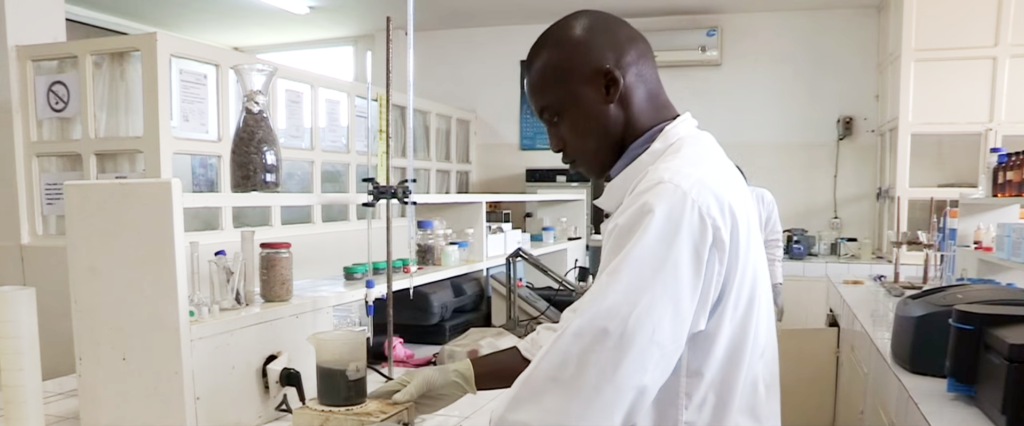The development of an improved sanitation service is a major and complex issue at the global level and more particularly in developing countries. This complexity requires organizational and institutional technical innovation towards the goal of sustainable development.
Also, at Delvic we understand that today more than ever, businesses are required to grow and maintain their leading position in the market to remain competitive
Based on these, Delvic has set up a platform to develop and implement innovation research on the sanitation value chain. This platform hosts Research and Development (R & D) projects and supports researchers and students from internationally renowned partner institutes and universities (SANDEC / Eawag, ISE, University of Virginia, University of Wisconsin-Madison, Stanford University), working in the field of waste.
Since the establishment of the R & D platform, selected students, supervised by Delvic’s team of doctors, have been actively involved in research projects led by Delvic. An example of such project was the conclusive testing of compost for sludge and the installation of flocculation units at the Niayes and Cambérène fecal sludge treatment plants in Dakar.
Delvic continues its practical and advanced studies in sanitation research and development. Ongoing projects in the production of biogas, compost, horticulture, and disinfectant.
A draft law has been developed on techniques to improve the operation of Fecal sludge treatment plants (FSTP).
Thus, the purpose of the flocculation technique is to improve the quality of the liquid effluent, and to accelerate the separation of solids and liquids, a practice developed by the research and experimentation by Delvic experts and a first in sanitation in Africa.
Previously, the quality of the effluent considered as bad, caused serious problems on the treatment and treatment plants that received them. After six months of testing in the laboratory, Delvic experts designed and installed three flocculation units with very satisfactory results that increased the capacity of STBV from 60 m³ per day to 500 m³ per day.
Results: Effluent quality improved. FSTP’s yield increased from 50% to 93%. The amount of fecal sludge retained was doubled from 1.5 tons per day to 3 tons per day.
Delvic also collaborates with cooperative organizations or funds supporting research, training and sustainable waste management to finance research activities.



 Français
Français